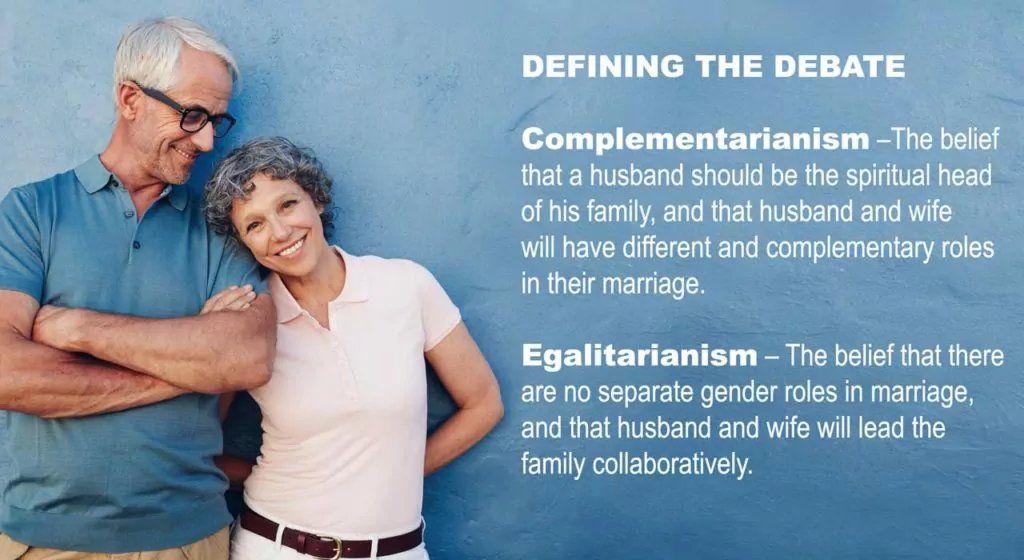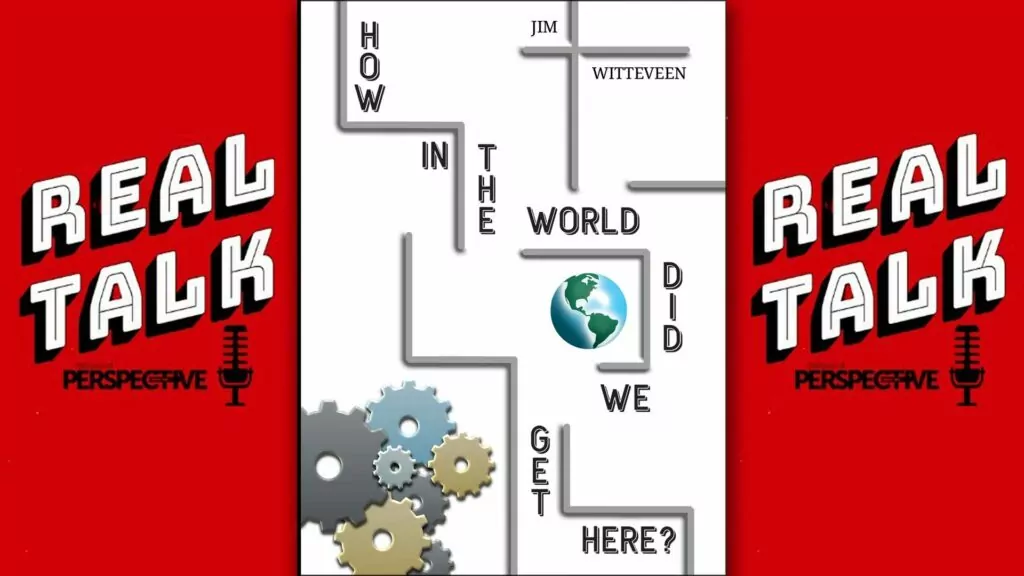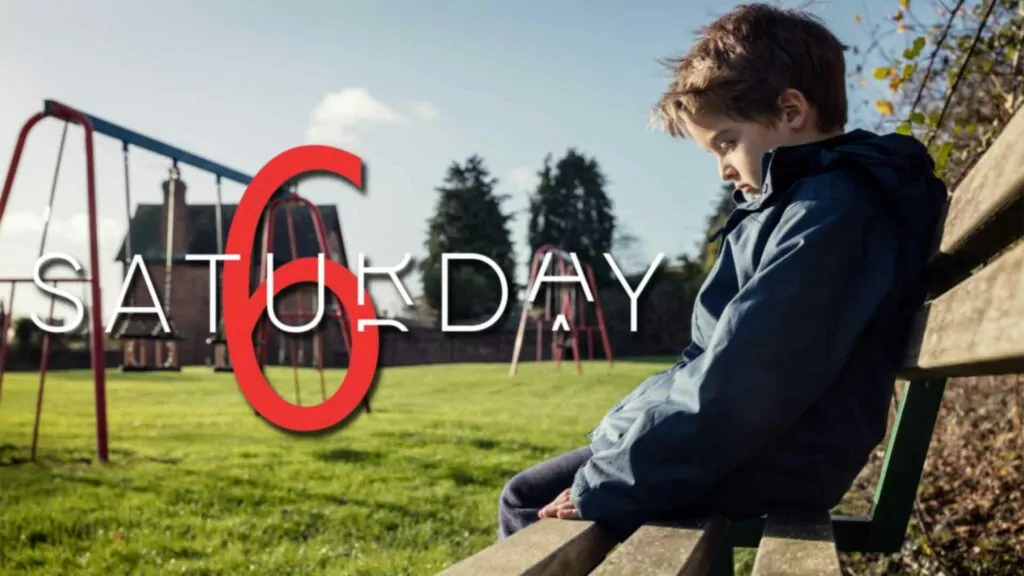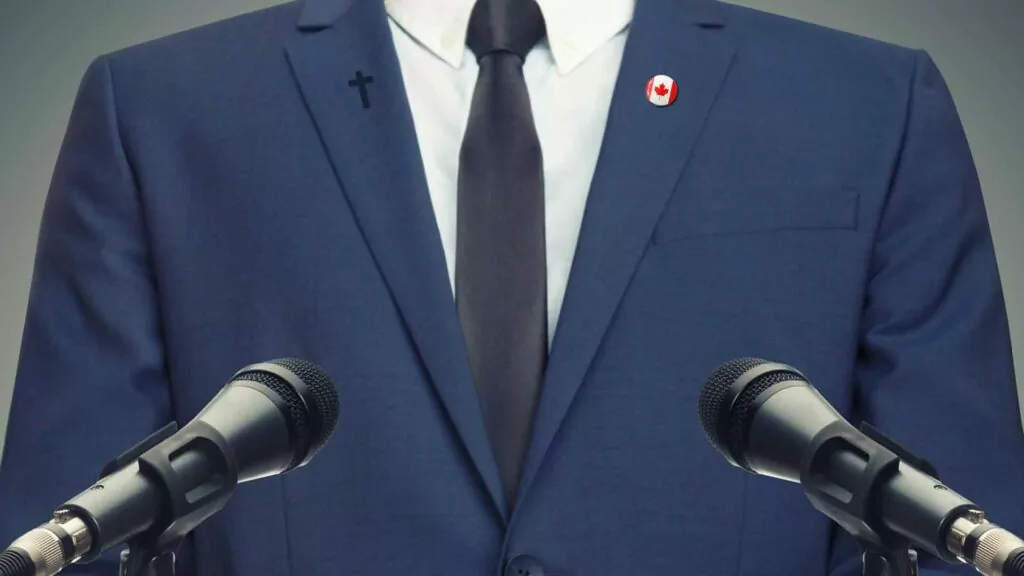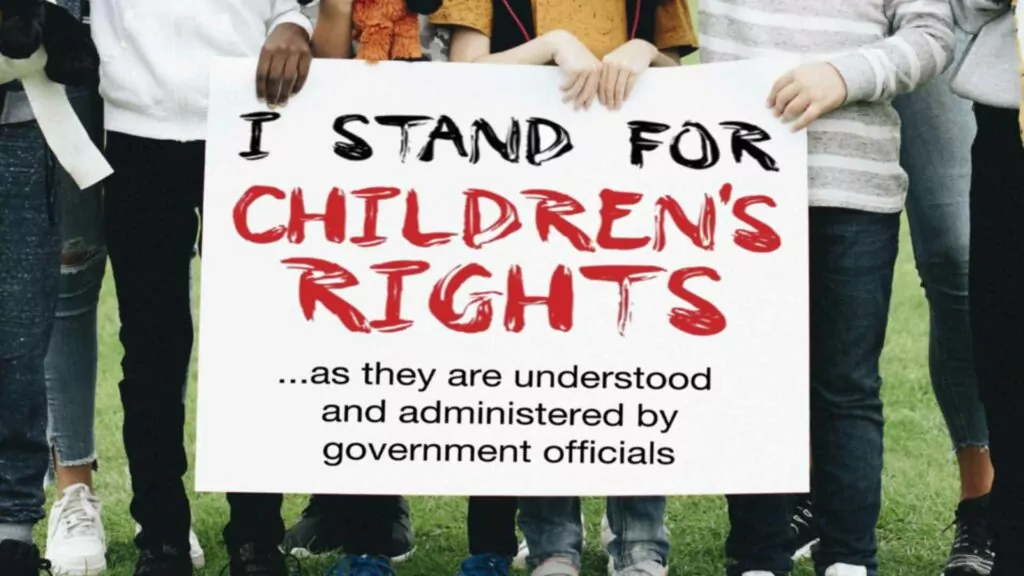Al Siebring: councillor & Christian
How one municipal politician brings God’s Word to bear on taxes, government budgets and private citizens’ property rights
*****
This appeared in the March 2015 edition.
What does a Christian perspective look like when it comes to the relationship between faith, taxation, and the role of government? It’s a big question, and one I’ve been thinking on for many years in my role as a municipal councillor in the District of North Cowichan.
As with all things, we need to start this discussion with Scripture.
Pay to Caesar…
The fundamental Scriptural principle when it comes to taxes can be summed up in two words: “Pay them.” In Matthew 22, after referencing the “image” on a coin that was handed to him, Christ urged his followers to “render unto Caesar what is Caesar’s.”
It’s also worth noting the broader context here, which includes the notion that, since we are made in God’s image, we are also to “render unto God what is God’s.” In other words, since the coin had Caesar’s image on it, it should be given back to him, and equally, since people have God’s image stamped on them, they should give themselves in service to Him. Put another way, Christ didn’t get too bent out of shape about paying taxes to Caesar, but instead reserved His criticism for those who refused to pay proper homage to His Father.
But are all taxes fair? Are they all necessary and defensible? Of course not. Government, by its very nature, tends towards wastefulness, self-preservation, unwarranted bureaucracy, and empire-building. As someone who’s now spent two terms in elected office at the local government level, I can tell you that much of the problem goes to structures and presuppositions that are endemic to the way budgets are put together.
Budgeting 101
In the municipality where I am an alderman, our budgeting process was recently explained to us by our City Manager like this: “We (municipal staff) look at the things Council has told us they want to accomplish in the upcoming year, and then we determine the tax implications based on what that’s going to cost.”
This is the paradigm under which many (most?) municipal budgets are prepared. But it has serious tax implications, and I believe it to be fundamentally flawed. This certainly isn’t the way most people budget in their households. They don’t say: “This year, I want to go to Mexico, do a $30,000 renovation to my kitchen, and buy a new car. Now I just need to figure out where to get the money.” No. The common-sense way of budgeting – the way most responsible people run their lives and their households – is by saying: “What’s a reasonable expectation of my income this year?” Once they establish that, they say: “Now, what can I afford to do with that limited amount of money?” But there’s an understanding, right at the very outset, that the amount of money is limited.
Not so with government. There’s a perception that the taxpayer has a bottomless pocket. And this can – and often does – lead to indefensible tax increases.
Equally, there’s another side to the coin. The Federation of Canadian Municipalities did a study a few years ago to determine the ratio between municipal property taxes and taxes levied by other levels of government. The study found that, (excluding “transfers” of money from senior levels of government for infrastructure projects), municipal government across Canada collected just eight cents of every tax dollar handed over by Canadian taxpayers. With that eight percent of total taxes collected, local governments are expected to deal with responsibilities that include roads, water-supply systems, garbage collection, municipal sewer, recreation, policing/fire services and, in some jurisdictions, affordable housing, public health, and childcare. And that ratio has come down considerably in the last 50 years or so. It used to be in the range of 11 to 15 cents.
To be clear, the decline in the ratio isn’t necessarily because municipalities have become that much more efficient at service delivery. Rather, it’s a testimony to the proportionately increasing tax burden imposed by other levels of government, combined with the fact that 50 years ago, most local governments were in the throes of a huge infrastructure boom. Back in the 50’s and 60’s, everyone was putting in new roads, bridges, and municipal water and sewer systems. Those systems are now starting to wear out, and some are in dire need of replacement, which doesn’t bode well for future tax pressures at the local government level.
The $20-an-hour fry cook
But there are also historic inefficiencies in local government – inefficiencies which will take considerable political courage to correct. Labour contracts are a prime example. There is no faster way to get a municipal politician running for the exits than to suggest that the fundamentals of their staff’s union contracts need to be re-examined. Most of these contracts go back to when local government workers first got the right to “organize” – they are built on economic presuppositions which were prevalent in the 1970’s when there was no end in sight to the boom years, and everyone instinctively understood that a “COLA” (Cost of Living Allowance) Clause was an insult to the intelligence and industriousness of the workers.
In my jurisdiction, for example, this led to a situation where we had high school students coming in to work the concession stand at our local hockey arena. These kids were “on-call” – the minimum payment per their union contract was 4 hours, often for a shift which was considerably shorter than that. And, when all perks and benefits were considered, they were making close to $20 dollars an hour to flip burgers, a job that would be considered minimum wage in the private sector. It also created a situation where the “food services” division at that Recreation Centre was swimming in about $180,000 dollars of red ink every year.
But, because it was government, no one thought it necessary to correct the situation…or, at least, not until I took over the chairmanship of the board that runs the facility. Not to blow my own horn, but I told the rest of the board members that as chair, I would happily face the TV cameras – with a picket line behind me – to explain the facts of life to the taxpayers should the issue lead to a strike. The union folded like a house of soggy cards, and that concession stand is now run by a private operator.
All of which is to say that the matter of “taxation” can be complicated. My fundamental worry, though, is that many local government leaders are losing sight of their central responsibility to be “stewards” of the public purse. Instead, many of them make their tax-related decisions based on political agendas ranging the full gamut from extreme environmentalism to a rampant pro-development stance that cannot be sustained. Not to mention fear of retribution at the ballot box at the hands of those whose vested interests might be detrimentally affected by one decision or other.
As an aside, this brings to mind a quote that Ronald Reagan was fond of using – a quote originally attributed variously to Alexander de Tocqueville and Scottish historian Alexander Tytler:
A democracy cannot exist as a permanent form of government. It can only exist until the voters discover they can vote themselves largesse out of the public treasury. From that moment on the majority will always vote for the candidate promising the most benefits from the treasury, with the result that democracy always collapses over a loose fiscal policy.
Property rights
There are many other issues that could be discussed in the pursuit of a Christian perspective on (local) government. Let’s look at the one where civic politicians and staff expend most of their political capital and regulatory authority: land use.
Our municipality regulates all new development through a policy it calls “smart growth.” The idea is to encourage what’s called “in-fill” – making sure the areas that already have residential, industrial, or retail development on them are fully built out before new areas are explored for development.
On the surface, this makes sense. The infrastructure (roads, water, sewer services and the like), are already in place for those existing developments, and it certainly seems quite stewardly not to waste a bunch of money running these services into new areas when there’s still undeveloped potential in the existing “growth centres.” The problem, of course, is that this process necessarily involves drawing arbitrary lines on a map. And there are people with land just outside of these lines – sometimes literally across the street – who are ineligible to have their various expansion projects approved because of “smart growth.”
And while the policy may seem to make sense at first blush, I believe it has the potential to violate a basic biblical principle; the notion of private property rights. (If you have trouble with those “rights” as a biblical concept, simply ask yourself how the 8th Commandment can forbid “stealing”? You can’t steal anything from anyone if they don’t have an inherent right to own it in the first place.) If we truly believe in property rights, landowners should have considerable freedom to do what they want with their property, as long as that freedom isn’t paid for through the general tax bills.
For example, we might be justified in charging a special development fee to hook into the sewer and water lines because a particular address is outside the proscribed growth boundaries. But to live and die by a policy against any development whatsoever on this land restricts the landowners’ freedom to enjoy (and profit from) his property, and minimizes his ability to exercise “dominion” over that land (Gen 1:28). So I would argue that if someone wants water or sewer services for a project that’s five, or six, or even twenty miles outside of the “growth boundaries,” they should have the option of tapping into that infrastructure…at their cost. Practically, of course, that cost would be so prohibitive as to make the development completely untenable, but the principle should stand on its own.
This issue provides an example of how governments should base their decision-making on commonly accepted (and Biblical) principles, rather than on a well-intentioned but arbitrary set of “rules” that are totally intransigent and often defy common sense.
Conclusion
We are often critical of our governments at all their levels, and we do have some reasons to be. But we should also consider what Romans 13 tells us about how we should respond to government, where it says:
…rulers are not a terror to good conduct, but to bad. Would you have no fear of the one who is in authority? Then do what is good, and you will receive his approval, for he is God's servant for your good.”
That principle, combined with repeated Scriptural injunctions to pray for leaders (I Tim. 2:1) and for the “peace of the city” (Jer. 29:7), should guide our actions as citizens, and our relationship with governments at all levels.
This is from the March 2015 issue, when Al Siebring had just been re-elected to a third term as Councillor in the District of North Cowichan, BC (pop. 30,000). That was followed up by a stint as mayor, after which he moved to Southern Alberta for a very different job: grandpa. Then, in the beginning of May, 2023, he had a chat with Real Talk's Lucas Holtvlüwer, which you can watch below. You can also find this episode on your favorite podcasting platforms by clicking here.
...













